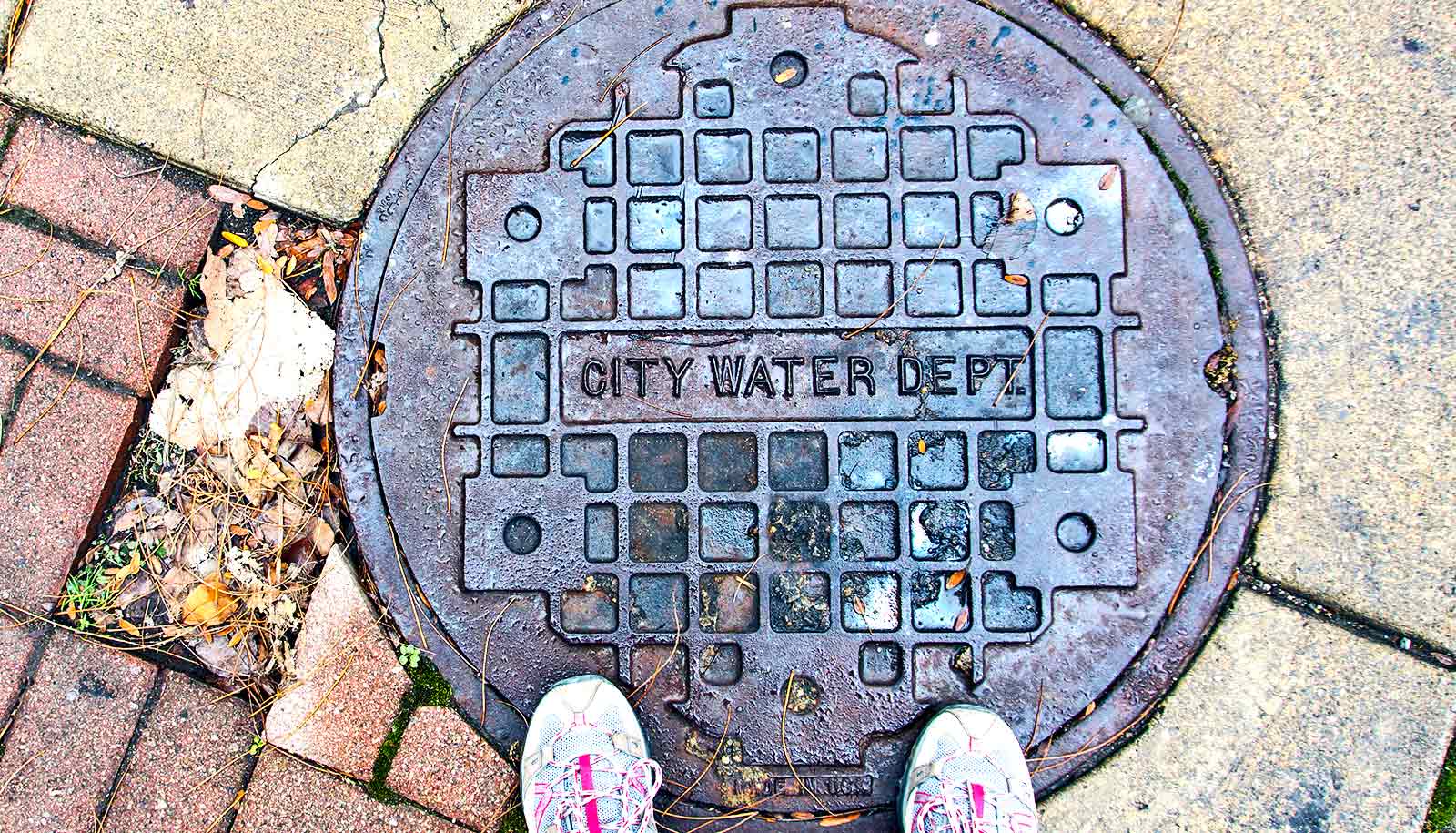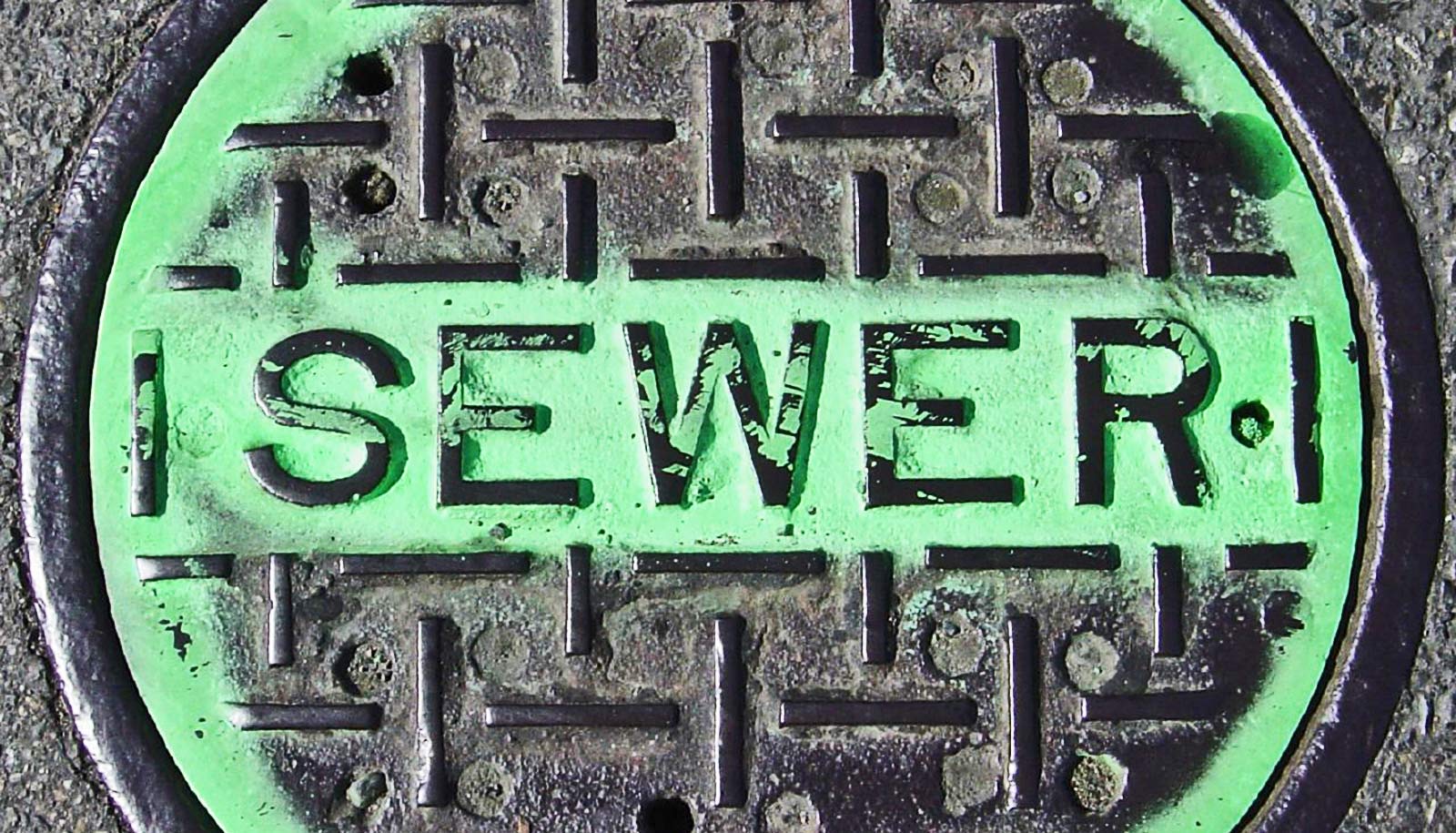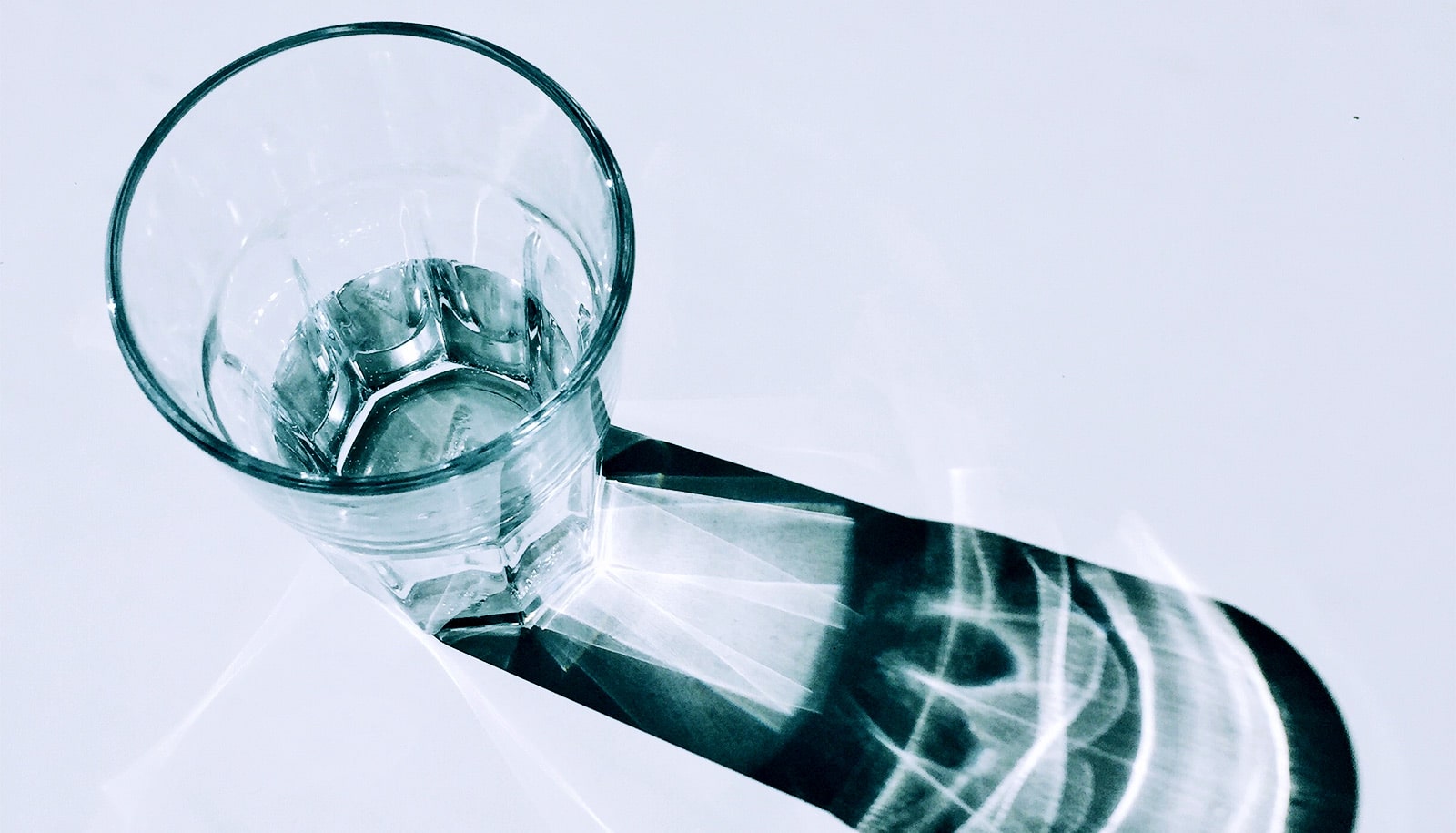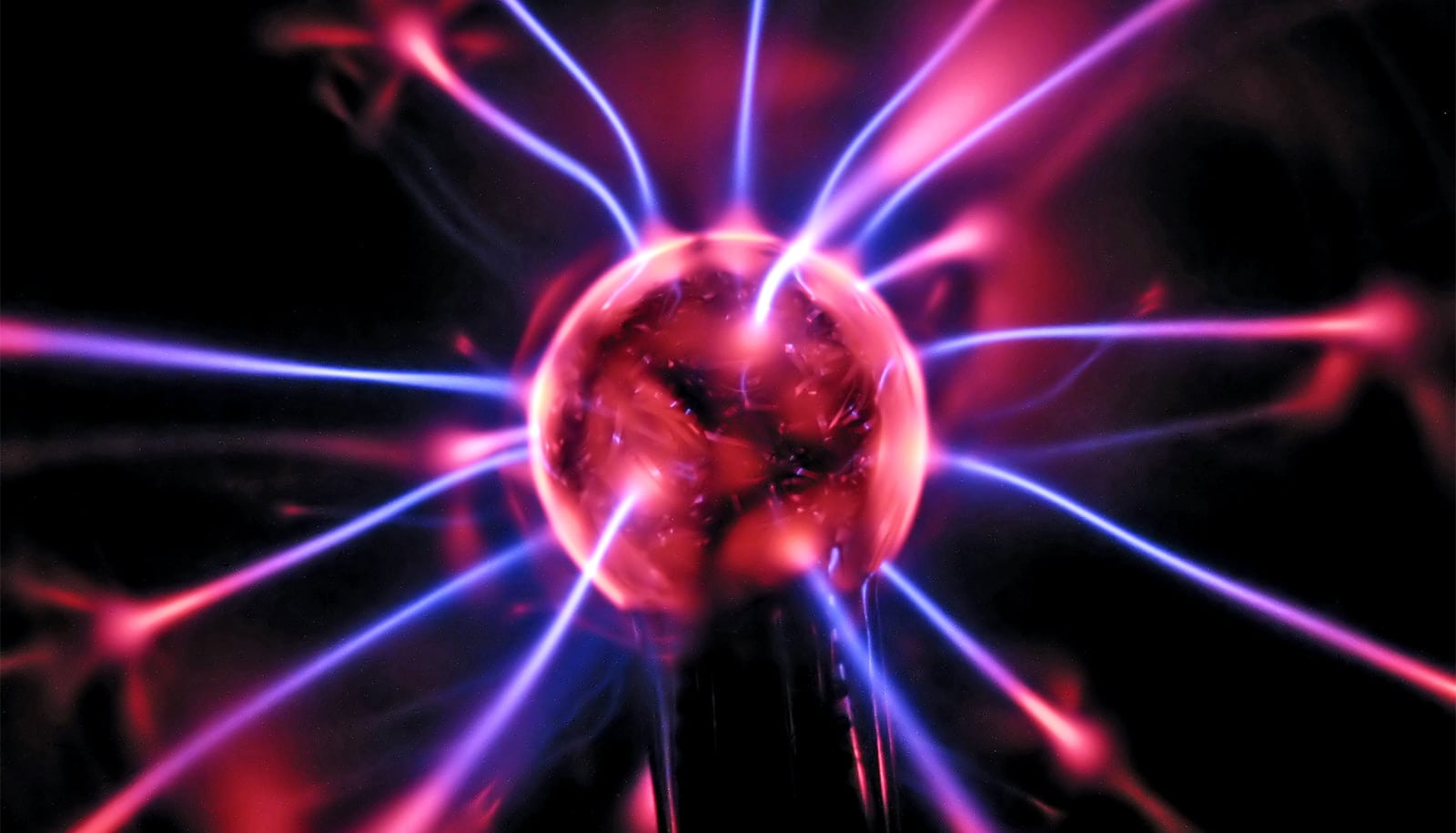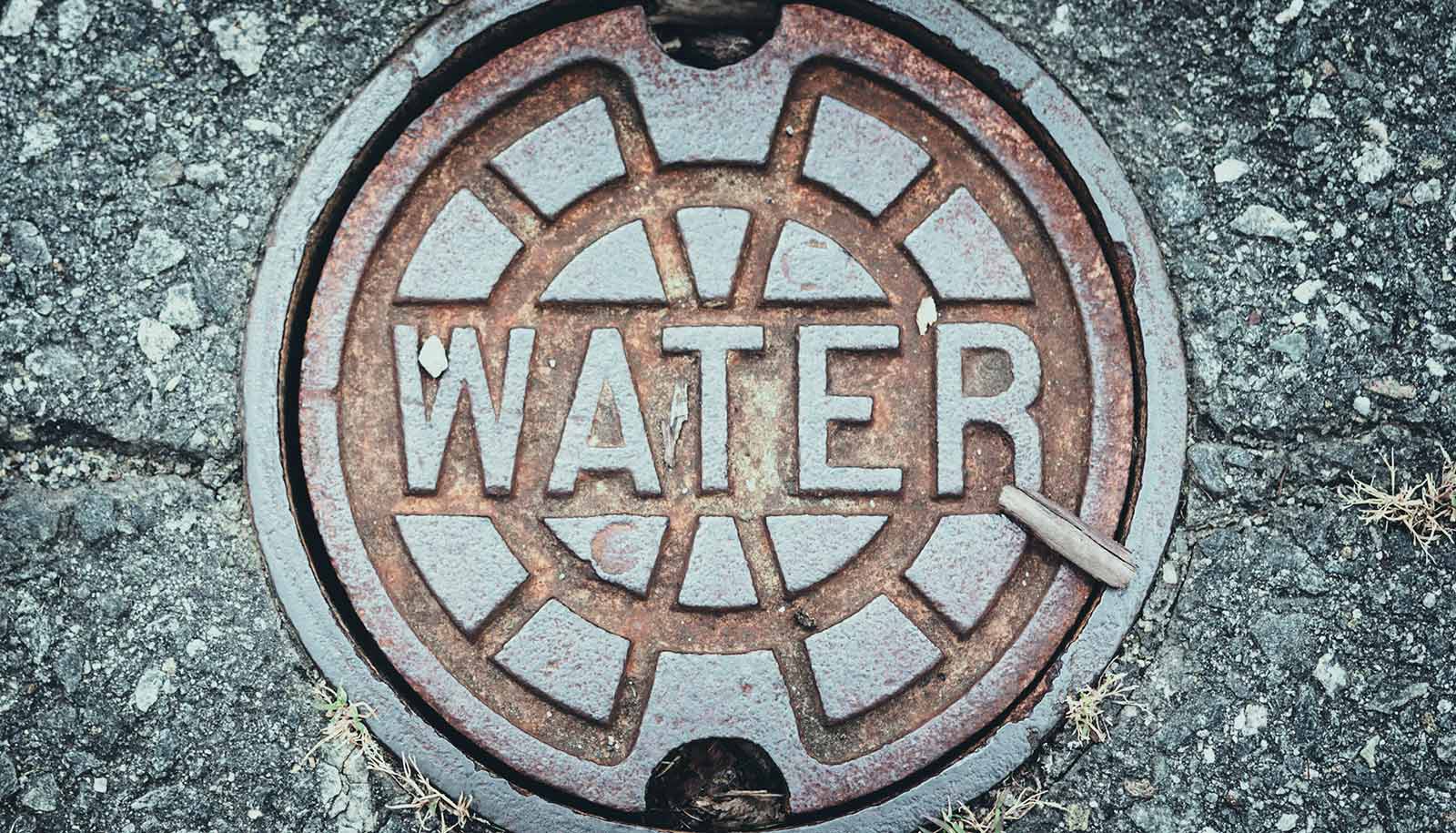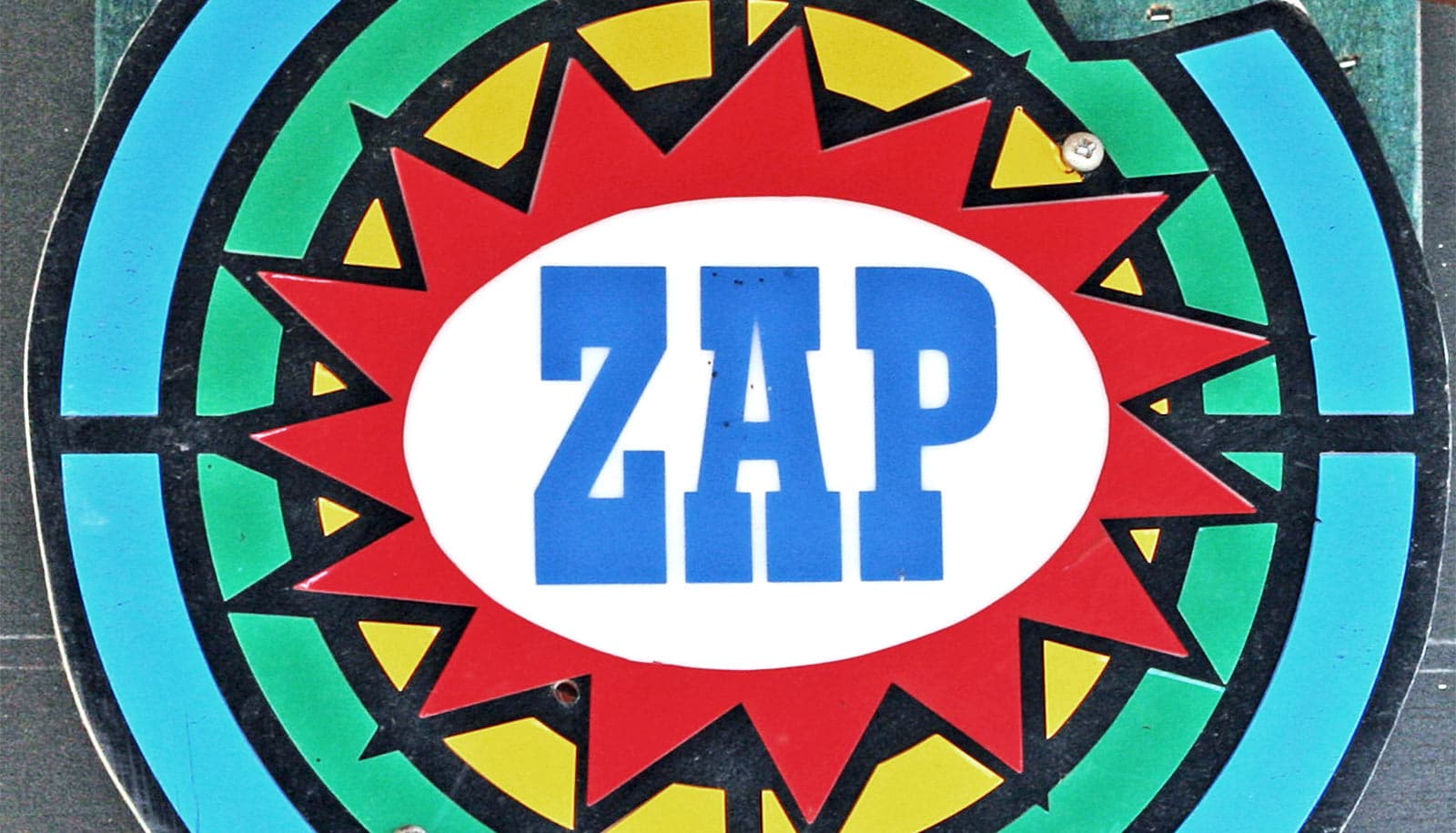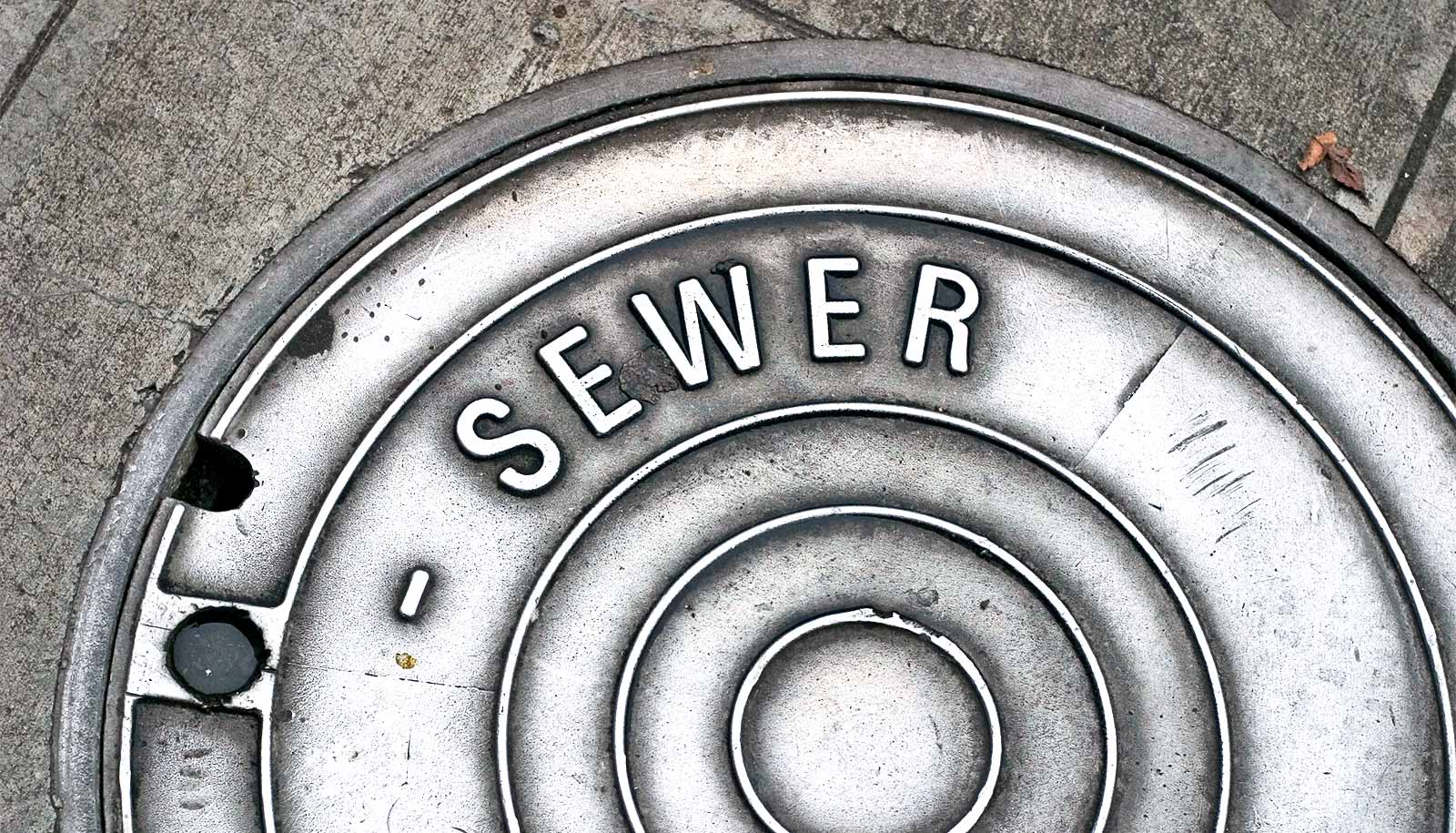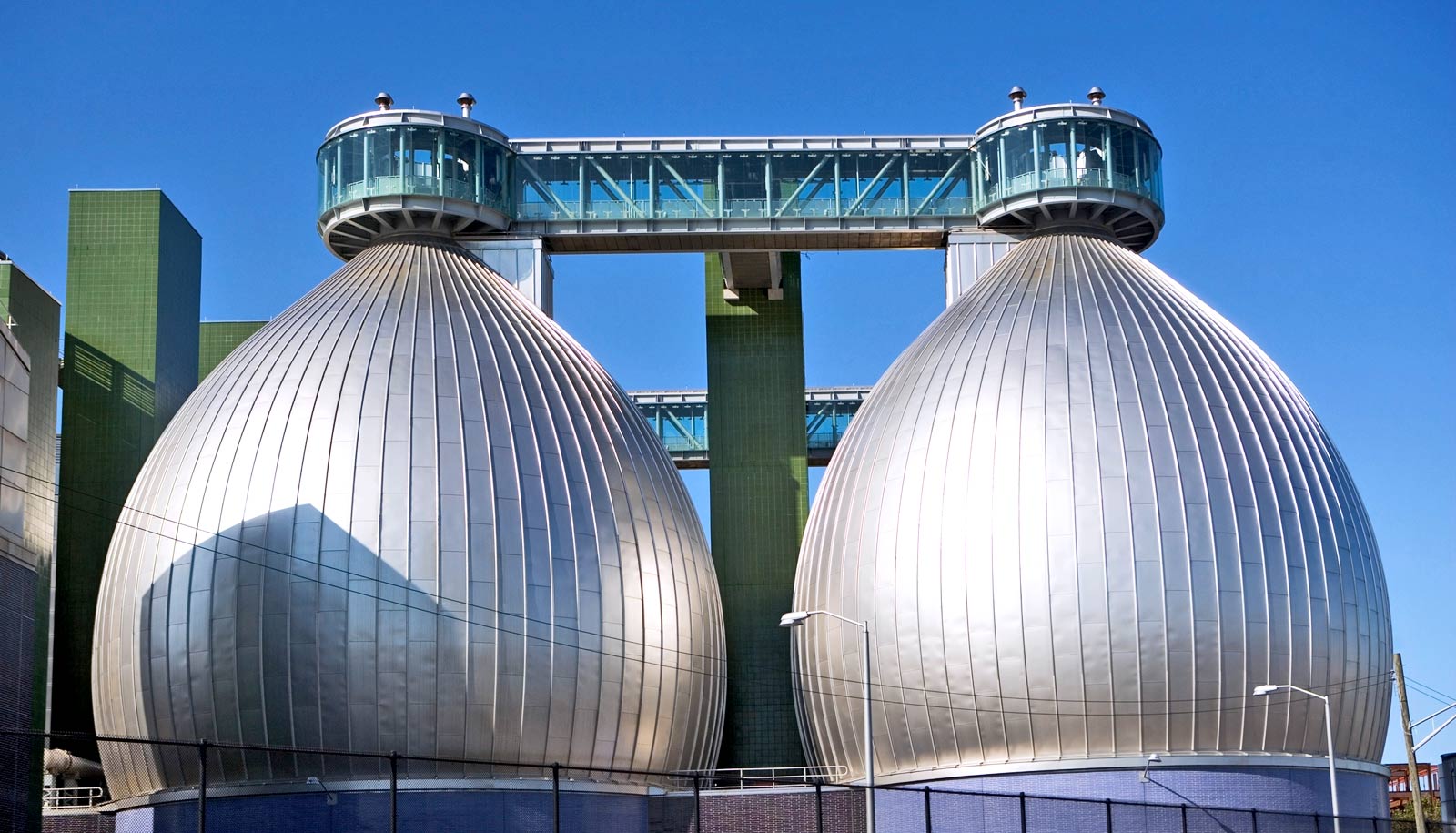COVID-19 clues in a community's sewage: 4 questions answered about watching wastewater for coronavirus
Sewage surveillance is one technique that can alert authorities to the presence of a pathogen in the community. An environmental engineer explains the state of the science when it comes to SARS-CoV-2.
Aug. 31, 2020 • ~8 min


